Across dusty pitches and packed stadiums, on neighbourhood fields and in the world’s biggest leagues, African women have rewritten what’s possible in football. They have carried nations, lifted trophies, broken records, and perhaps most importantly, widened the path for the next generation. This is a celebration: of pioneers who fought for space, of contemporary stars who command global stages, and of teams that turned hope into history.
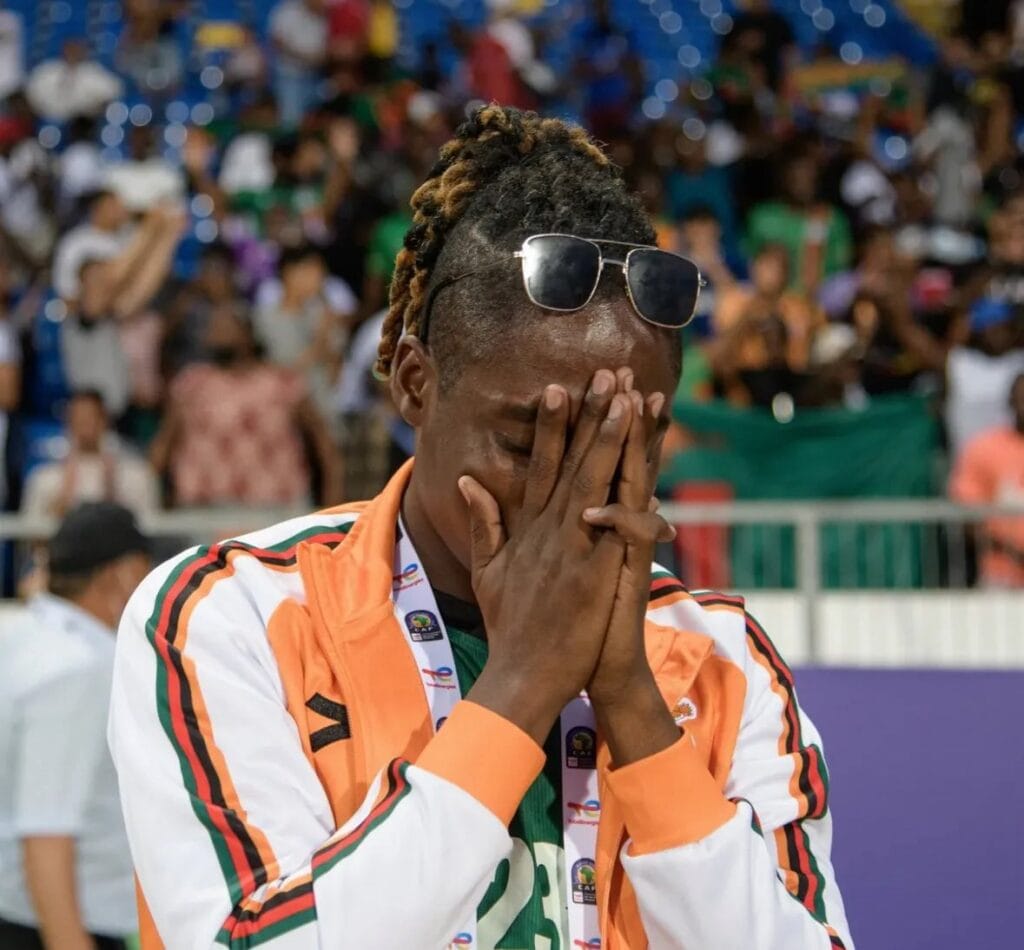
Many of the continent’s most influential players began on hand-me-down kits and improvised goals. Their journeys remind us that talent alone isn’t enough; it has to meet courage, resilience and opportunity. Asisat Oshoala of Nigeria rose from local clubs to European powerhouses, becoming one of Africa’s most decorated female players and the first African to score in a UEFA Women’s Champions League final , a symbol of African talent thriving at the highest levels of club football. From North Africa, Ghizlane Chebbak has led Morocco’s women to unprecedented heights, captaining her nation to a first-ever Women’s Africa Cup of Nations final and a historic World Cup appearance. Her teammate Khadija Er-Rmichi has stood tall as one of Africa’s best goalkeepers, collecting domestic titles and continental recognition while inspiring a new wave of Moroccan footballers.
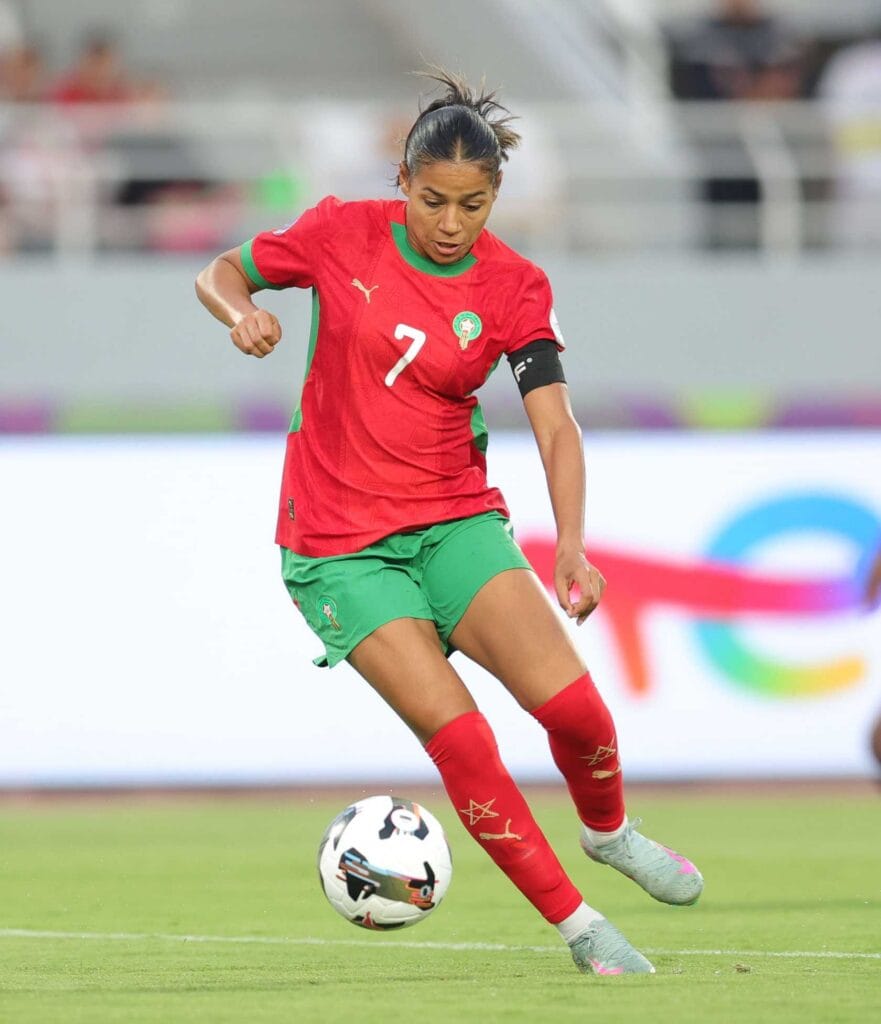
Pillars ad pathfinders
There are players whose names are etched in the continent’s history because they changed expectations and delivered numbers that still stun. Portia Modise of South Africa finished her international career with more than 100 goals, making her one of the only African players male or female to reach the century mark. Her scoring record and fearless presence made her an icon and a rallying point for women’s football in South Africa. Perpetua Nkwocha of Nigeria remains a towering figure whose dominance across African championships earned her multiple African Women’s Footballer of the Year awards and top goalscorer accolades at continental tournaments, proving that African excellence in women’s football has long historical roots.
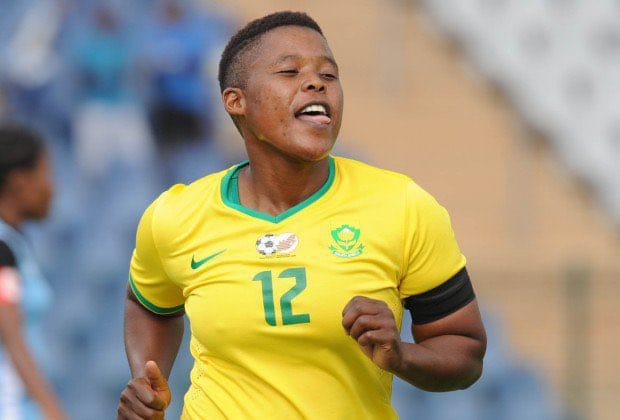
The story of African women’s football is also a story of leadership. Janine van Wyk of South Africa retired as one of the continent’s most-capped players after a career that included captaincy, continental glory and paving the way for younger stars. Her longevity and leadership helped transform Banyana Banyana from underdogs into champions. Among those who have carried that baton is goalkeeper Andile Dlamini, whose command between the posts and calm presence have made her one of Africa’s finest. Her performances at the 2022 Women’s Africa Cup of Nations and 2023 FIFA Women’s World Cup earned global praise. In attack, Jermaine Seoposenwe has been one of South Africa’s most consistent performers, representing her country across continents while building a career in Europe and the Americas that reflects the growing professionalism of African women’s football.
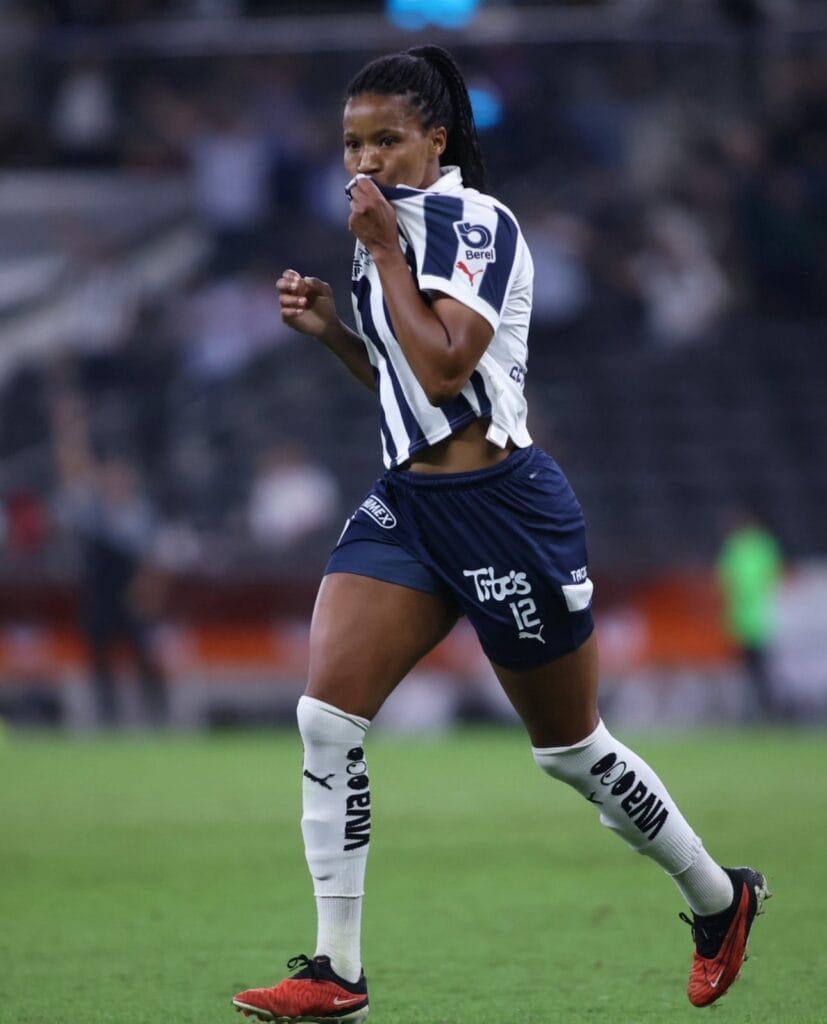
Hildah Magaia, known as “the breadwinner” for her decisive goals in the 2022 WAFCON final, etched her name into Banyana history when she led South Africa to their first continental crown. Her sharpness and composure under pressure turned a nation’s dream into triumph. Collective achievement has been just as powerful as individual brilliance. South Africa’s victory at the 2022 Women’s Africa Cup of Nations marked a watershed moment that crystallised years of progress, inspired investment, and made a new generation believe that continental crowns were theirs to win.
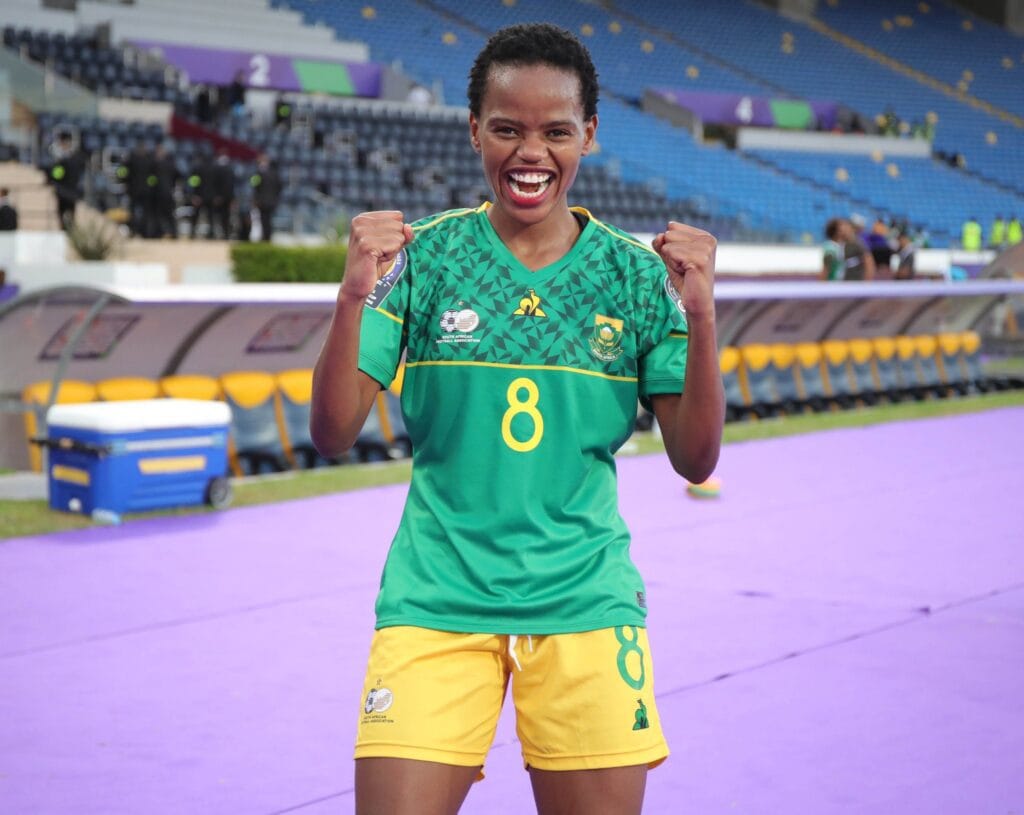
The present generation is equally full of compelling stories. The Chawinga sisters from Malawi Tabitha and Temwa , rose from remote communities to top-flight leagues abroad, challenging cultural expectations and illustrating the huge untapped potential across smaller footballing nations. Zambia’s Barbra Banda, the first African woman to score back-to-back hat-tricks at the Olympic Games, continues to prove that African women are not only participating but leading at global tournaments. In North Africa, players from Morocco, Algeria and Tunisia are breaking new ground, showing that the region’s women can compete at the highest level. Algerian pioneers such as Amina Chahinez Hemour and Fatima Sekouane have kept women’s football alive in a country where opportunities remain limited, representing the quiet strength and persistence that define the continent’s game.
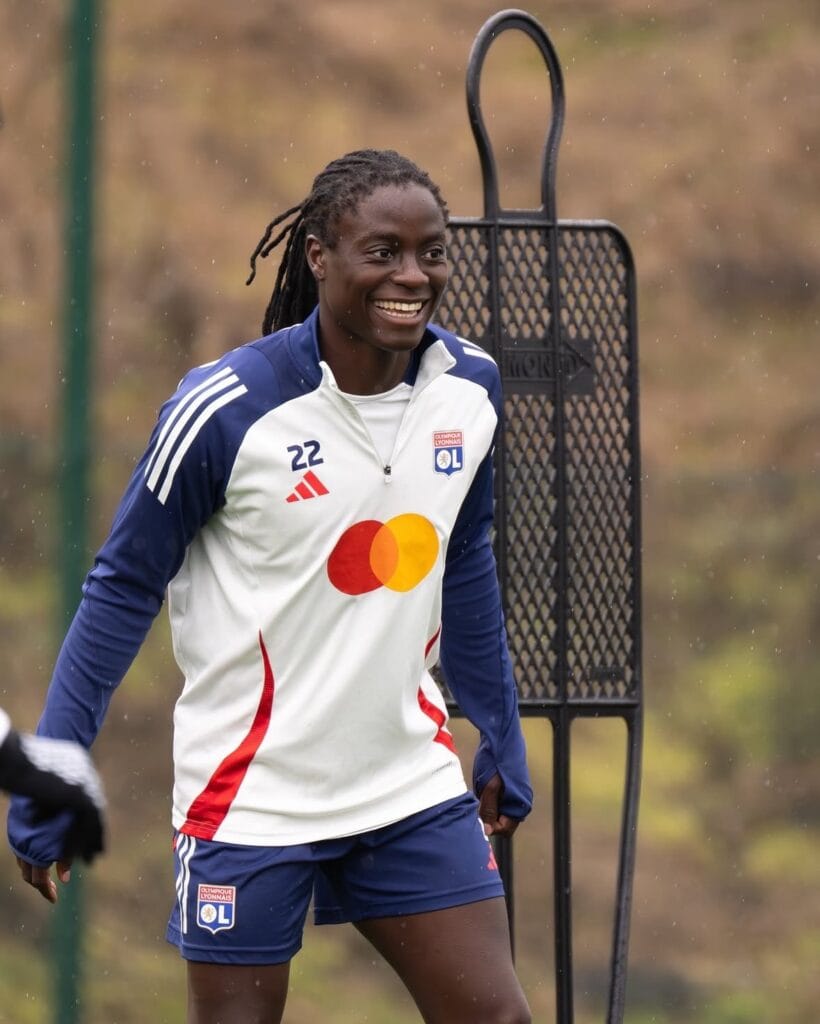
What these women have done extends beyond statistics. They change what communities believe is possible for girls. They force federations to take women’s football seriously. They attract sponsors, media attention and the funding necessary for leagues, academies and coaching programmes. Players like Oshoala have also invested back into their communities through foundations and outreach, demonstrating that success on the pitch can power social progress off it.
The celebration is honest about the obstacles. Infrastructure gaps, inconsistent pay, limited league structures in many countries, and social resistance still block aspirant players. But every trophy lifted and every milestone reached chips away at those barriers. The progress is cumulative: when one player breaks through to Europe’s top leagues or when a national team wins the continental title, it accelerates change for those who follow.
A Continent of Champions
Women’s football across Africa is at a tipping point. Increased visibility at World Cups and continental competitions, more players in top foreign leagues, and growing media attention mean the next decade could see systemic improvement in how women’s football is supported and celebrated on the continent. Each trailblazer , whether a record-holder, a club star, or a veteran who became a coach or administrator is proof that investment yields results.
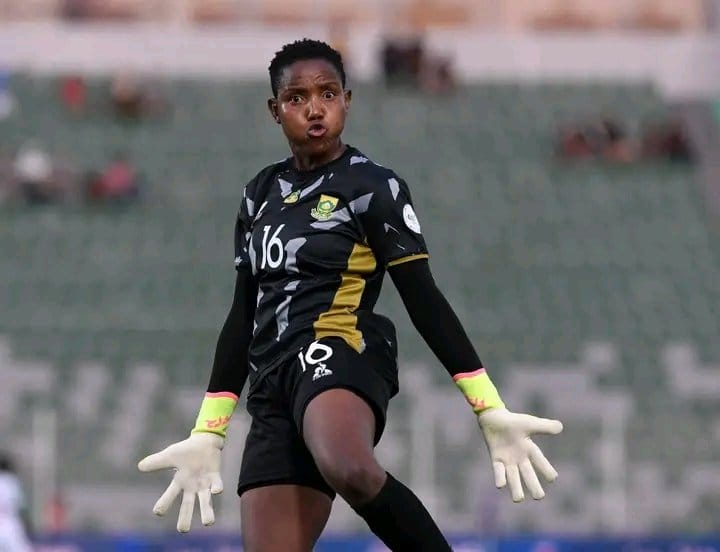
This tribute is also an invitation: to federations, sponsors, media and fans to lean in. Invest in youth leagues, support coaching for girls, broadcast domestic competitions, and back players’ welfare. The returns are real in national pride, in commercial growth, and in lives transformed.
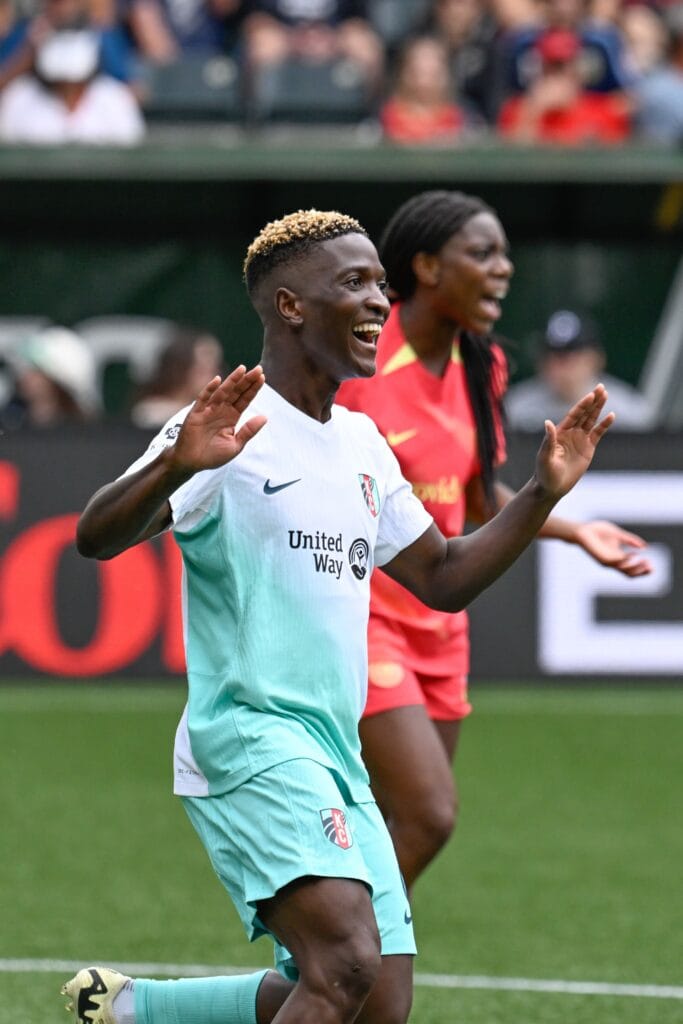
African women in football have always been more than players; they’re pioneers, leaders and storytellers. From Portia Modise’s goals and Perpetua Nkwocha’s dominance to Asisat Oshoala’s global stature, Janine van Wyk’s leadership, and the rising brilliance of Andile Dlamini, Jermaine Seoposenwe, Hildah Magaia, Ghizlane Chebbak and Khadija Er-Rmichi, the continent has produced a gallery of heroes. Their achievements are evidence and inspiration: football in Africa is not waiting for change , it is making it. For every girl who picks up a ball in a dusty field, their legacy whispers: you belong, you can, and you will.
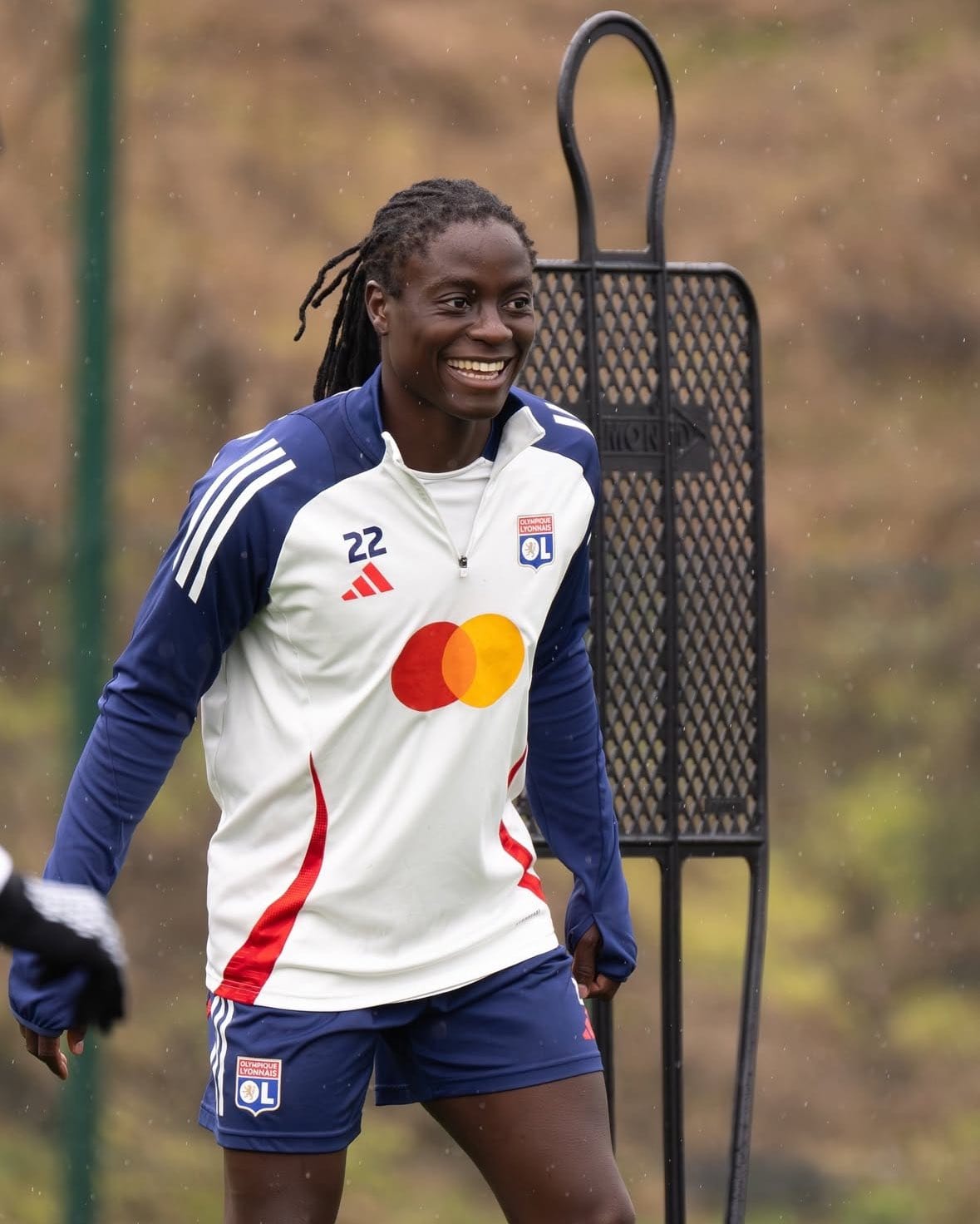
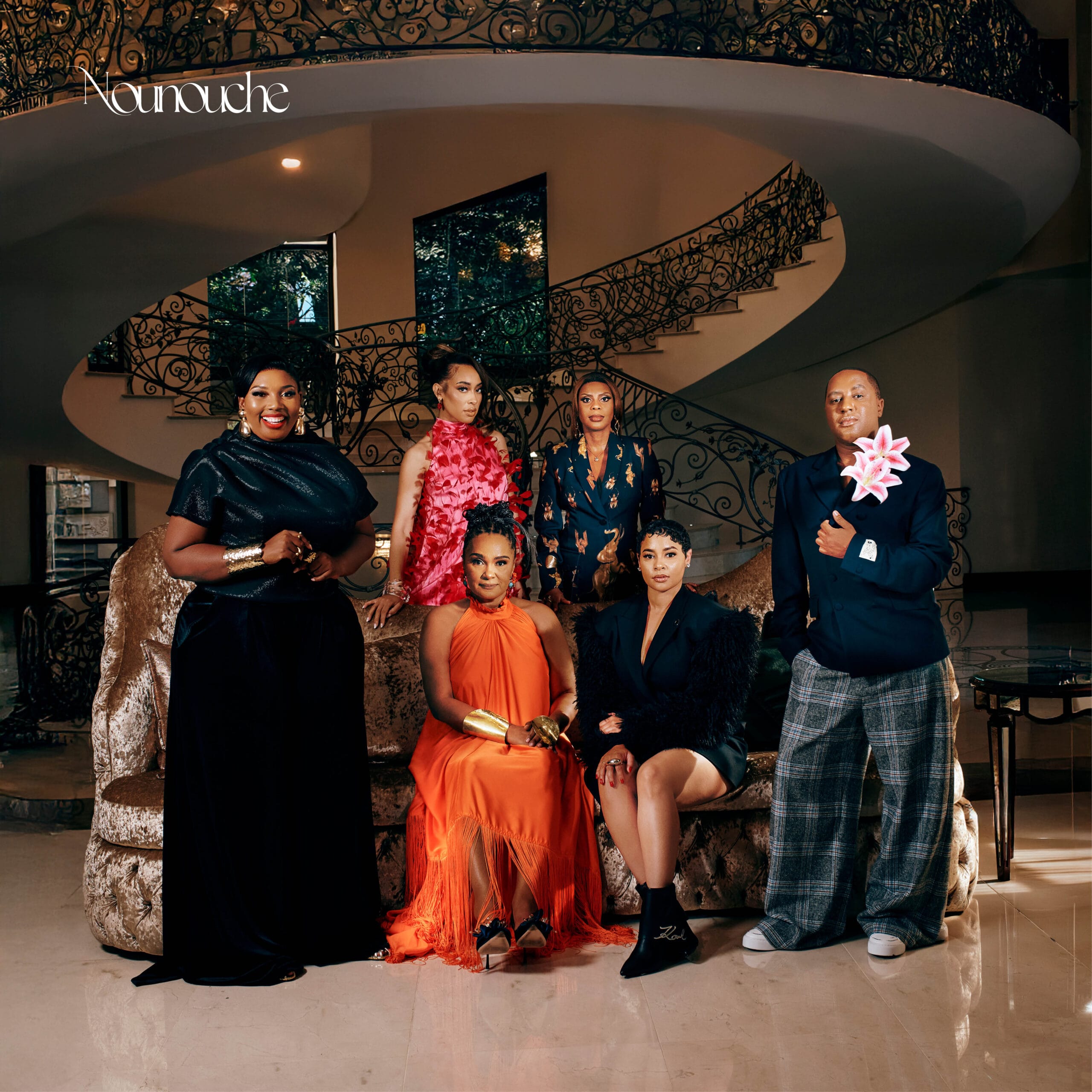

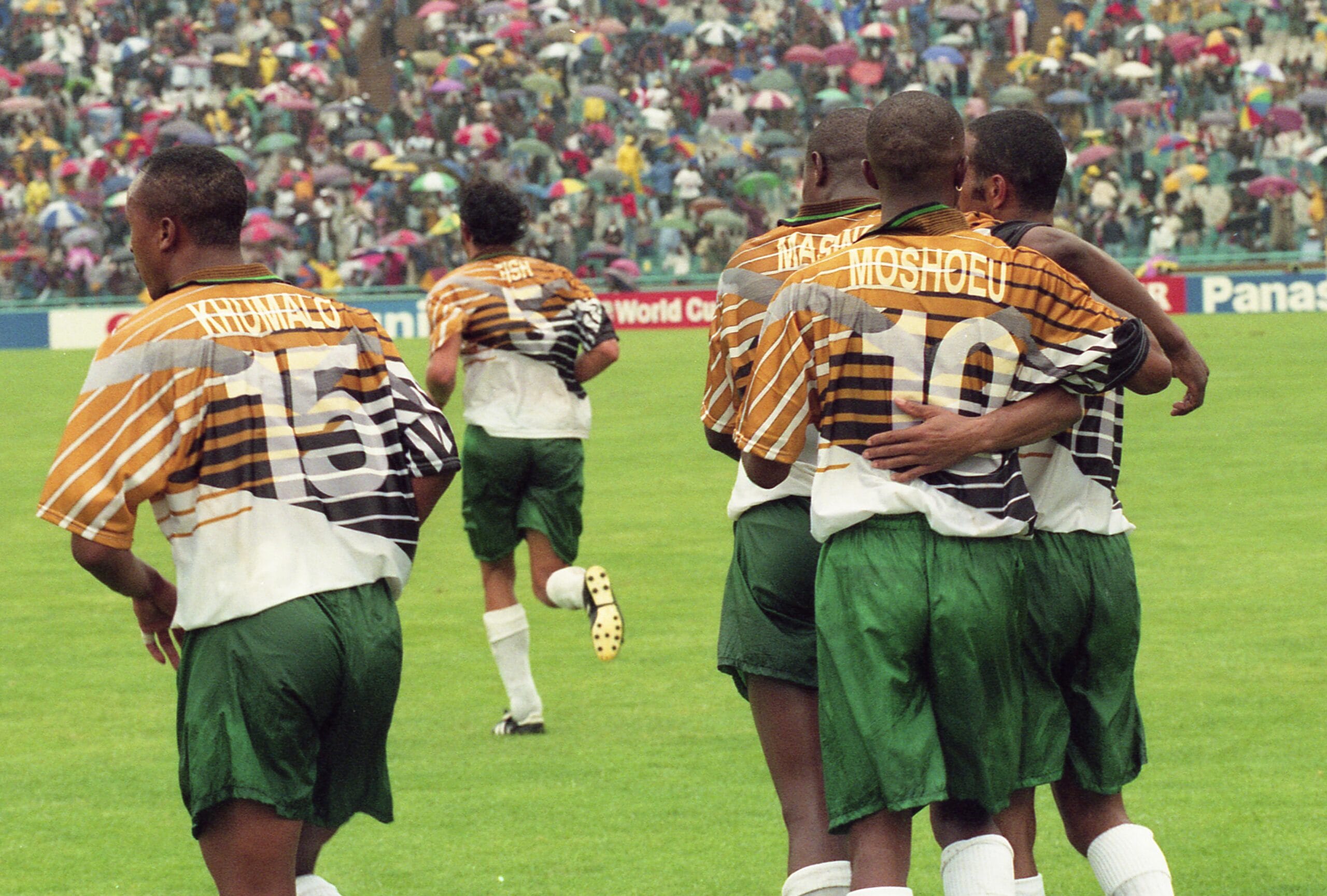
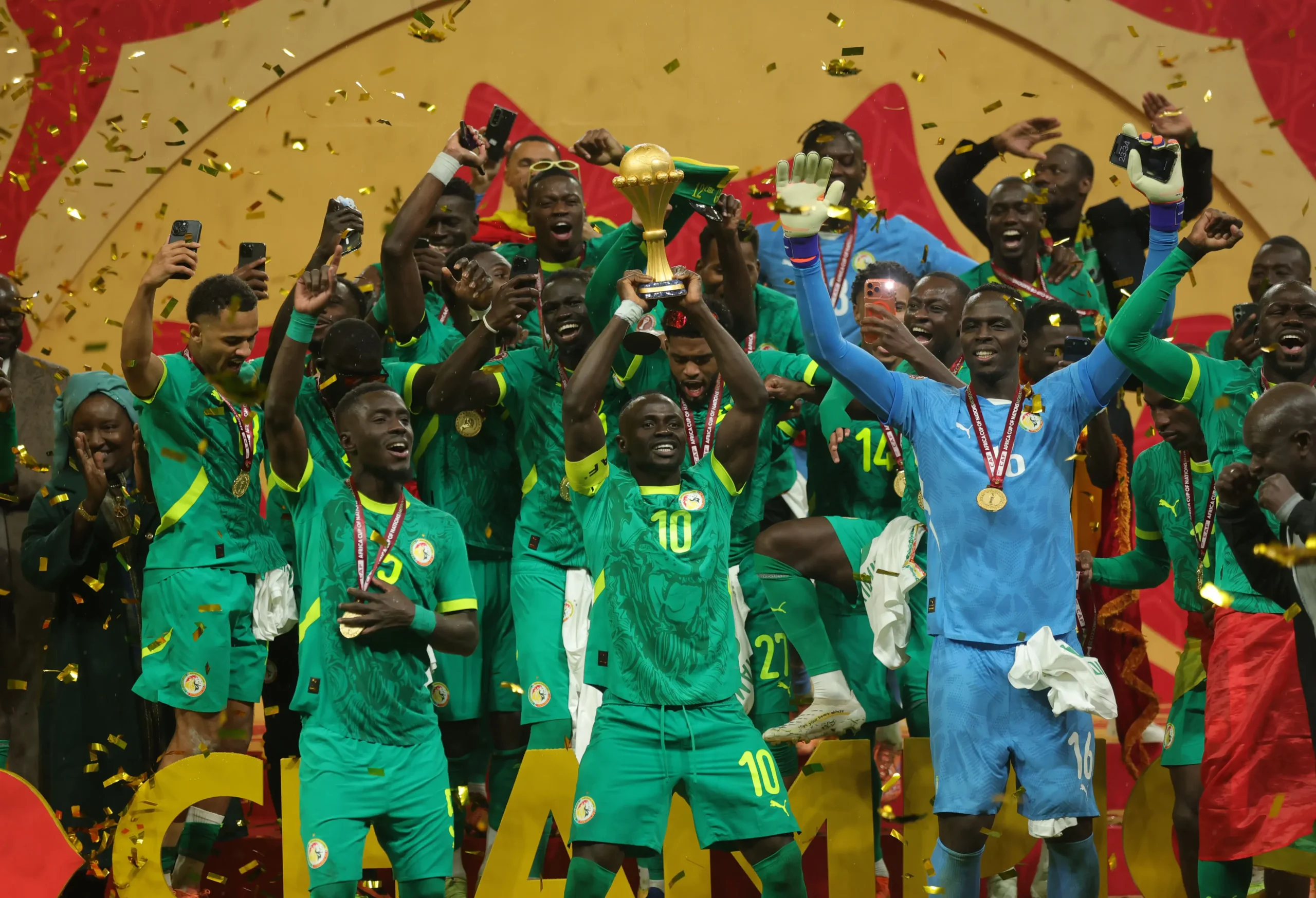

No Comments